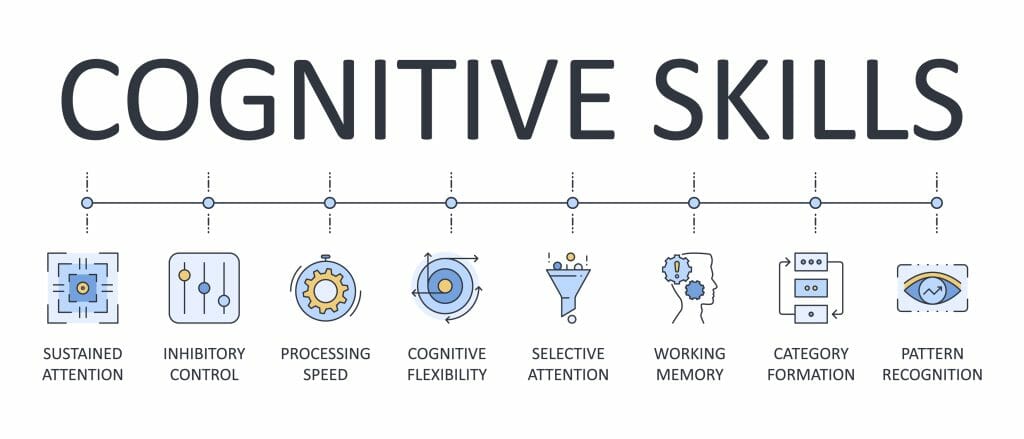It’s true; video games have a pretty bad reputation. From ‘gaming disorder’ to parents worrying about content violence, people don’t see video games as an activity with positive potential. Only, they should.
There’s a fear surrounding the digital entertainment space: Will our lives eventually turn fully pixelated with so many new gadgets?
But fear not. The assumption is that new entertainment media like television, social media, and video games harm your brain. The fact is that they do–in excess.
Of course, too much of anything isn’t recommended, so we don’t suggest dropping all of your hobbies to pursue this one.
However, there should be no shame in healthily playing video games. They’re a fun way of sharpening your brain and exercising your cognition skills, according to numerous studies in the National Library of Medicine. So yes, the benefits games can offer in their unique, exciting ways are 100% science-approved.
The Pros to Different Games
We should preface this by explaining that different types of games practice different skills. For instance, Atlanta psychiatrist Dr. Tracey Marks talks about shooting games and how they “enhance cognitive abilities.” Games that require players to practice mechanical actions not only help your reflexes and timing, but your creativity and patience too.

But it goes even further than that. There are several games that ditch the intense, competitive side of video gaming and instead focus on story-telling and puzzle-solving.
The level of attention and engagement is what makes playing these types of games so beneficial. The puzzles included in gameplay help strengthen problem-solving skills and critical thinking. In addition, many of them have high amounts of reading, thus adding more educational concepts disguised as layers of fun.
The extended practice of this hobby is shown to develop a general skillset needed in so many aspects of life. The American Psychologist Association notes that there’s even a link to higher performance in STEM subjects in frequent gamers. It’s fascinating how video gaming went from typically perceived as ‘lazy’ fun to being recognized as a useful educational resource.
Mental Health Benefits of Gaming
Aside from skill development, gaming also presents an escape for many players. Like music or art, this hobby helps numerous people break out of their headspace for a moment of enjoyment and peace. In fact, a study from East Carolina University found that anxiety reduced by 57% in casual gamers, leading to the consensus that they positively impact your mood. “If playing video games simply makes people happier, this seems to be a fundamental emotional benefit to consider,” says Isabela Granic, PhD, from Radboud University Nijmegen.
The compelling story above explains how a toxically taxing video game addiction turned into a healthier, more rewarding relationship with gaming by content creator Downward Thrust. All it took was one game to blow them away truly; now, their life had been changed for the better.
The Friendly Aspect of Gaming
Lastly, the gaming community opens up a world of socialization, and it’s proven that it helps builds social skills.

Dr. Marks presents, “Some research has shown that children that play these ‘prosocial’ games are more cooperative and helpful with other children.” Whether you’re playing side by side or connecting online, games serve as an opportunity for players to also embrace socializing and teamwork. Some gamers even prefer this over simply playing alone. Regardless, multiplayer games are an excellent option for a rewarding activity and a chance at practicing cooperation.
Overall, gaming has a plethora of advantages and positive effects. These benefits aid gamers in not only their mental health but also in equipping vital traits used in everyday life. So, don’t knock on video games until you try them. And if you’re already an avid gamer, keep gaming on!














